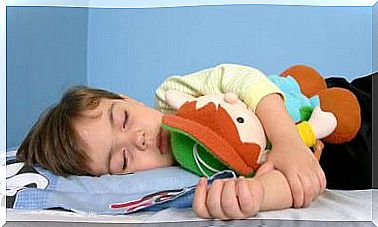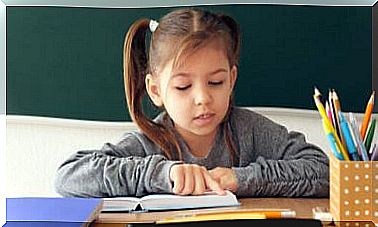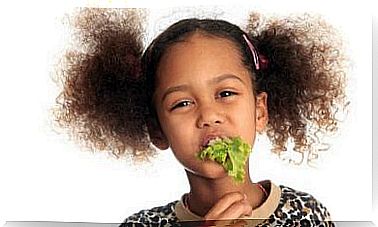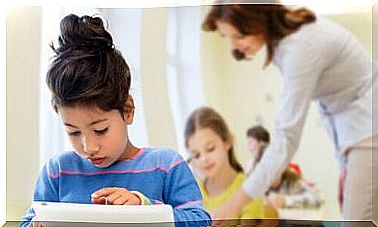Adults Must Respect Children – Be Parents
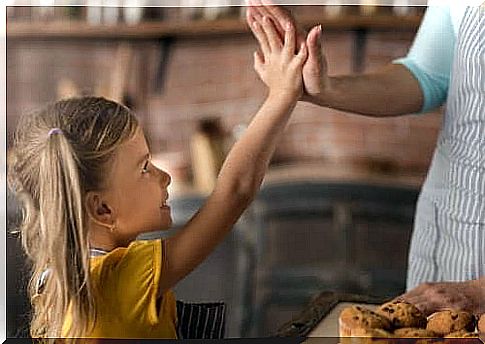
It is very common to see adults telling children to respect their elders. This statement, which appears to convey solid and important values, can be questioned in view of the behavior of adults. Children certainly owe them respect, but don’t they deserve the same respect?
We tend, and this is a mistake, to treat children as second-class citizens. Due to their youth and their little experience of life, on certain occasions we do not take into account their opinion, their desires and their feelings. The adult-centered society we live in does not give sufficient space or value to the wonderful inner world of our children.
Too infrequently, we stop and contemplate the world from their eyes, to understand their perceptions and listen to their needs. We feel that they belong to us and that we dominate them when in reality our mission is to guide them in their personal development. To accompany them and provide them with both self-esteem and security.
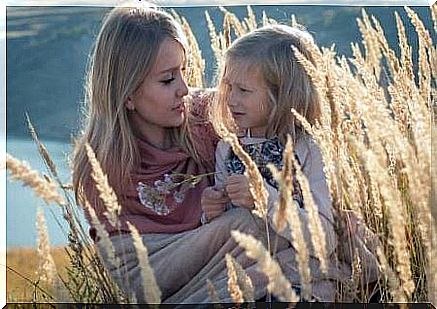
Are we setting a good example?
We demand that our children adapt to what we want from them. May they be obedient, may they listen to us, assist us and do what we command them. We scold them when they yell, respond poorly, or disagree. But have we ever stopped to think about our own actions?
How many times have we ignored a child who was telling us something? How many times have we told him to wait, that for the moment we didn’t have time, that he would stop bothering us?
In how many situations have we lost our temper and raised our voices shouting hurtful words at him? How many times have we answered “no” to his requests, with no more explanation than a simple “because I’m saying it”?
Why, then, do we demand a respect that we do not show him? Children deserve to be listened to and taken into account just as much as we do. They too deserve to be treated with dignity, respect, love and compassion.
It seems completely inconceivable to all of us to yell at a guest if he spills his glass during a dinner party. However, we do not even question whether it is a child.
It never occurs to us to say to a friend ” shut up a little, what are you heavy ” while he tells us something close to his heart. However, we do it with our children.
And what if a child yells at us or orders us to shut up? We would consider it an intolerable disrespect. Why do these standards work in one direction?
Should we only respect the elders?
As we have seen, the message behind a “respect your elders” is unfair and one-sided. Children resign themselves to being treated this way, without tact, by adults, but they repeat this pattern as they grow older.
Thus, it is common to see older children minimize or treat children smaller than themselves. It is easy to understand where this attitude comes from. We give them the information as it is: the little one must respect the big one, but not the other way around.
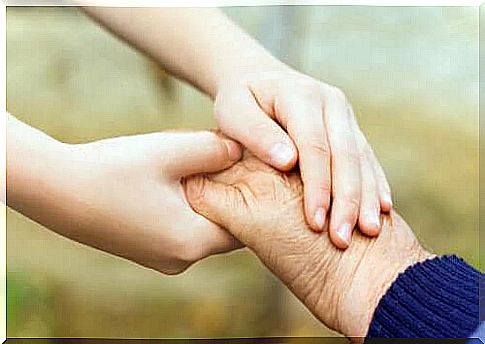
The message we really should be giving them is to treat everyone with respect. Therefore, let’s start respecting children now. By doing this, we will be a great role model for them, and they will learn to be understanding and kind to others.
But, in addition, we will teach them how to cultivate self-esteem and teach them that they are precious and worthy of respect. In this way, they will understand that this is natural, healthy, and will no longer tolerate other people upset, insult or humiliate them.
The information conveyed at this age is terribly powerful. Make sure children get your message loud and clear: they should be treated with dignity.
We too owe respect to children
However, let’s try to reflect and modify our actions, if necessary. We are all human, no one is perfect, but it is wise to set things right when we understand that we can improve our attitude.
Let’s start to listen to the little ones when they talk, to assist them and to show interest in their opinions. Let us listen to their arguments and reason with them when we oppose their ideas. Let us show them that we are confident in their ability to understand and empathize.
From the same , talking about them without raising his voice and without bad words, the message will be better conveyed if statement with respect. Let’s also make sure that the other adults around him treat our child with respect. With this, we will come to educate people who are self-confident and compassionate with others.


